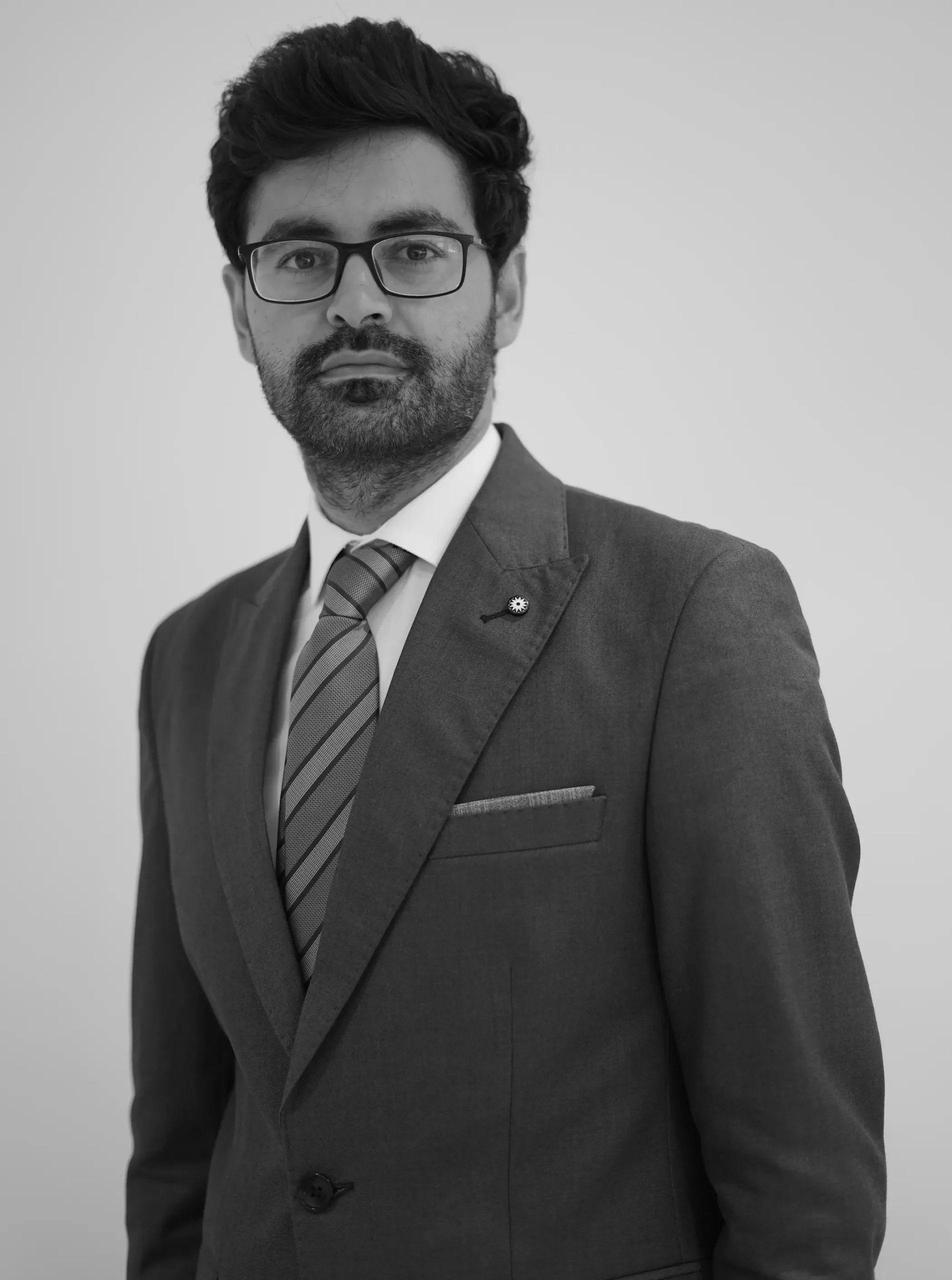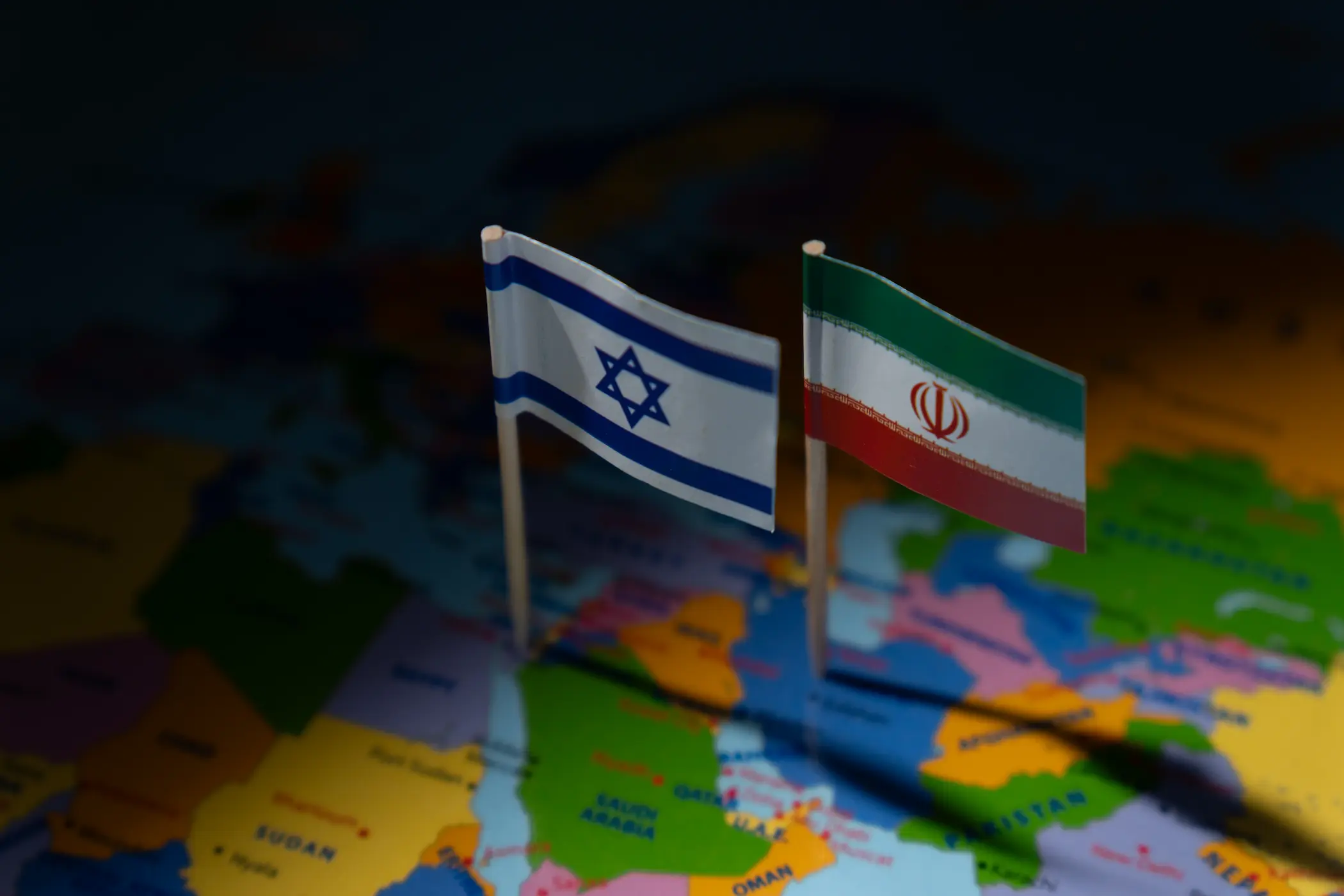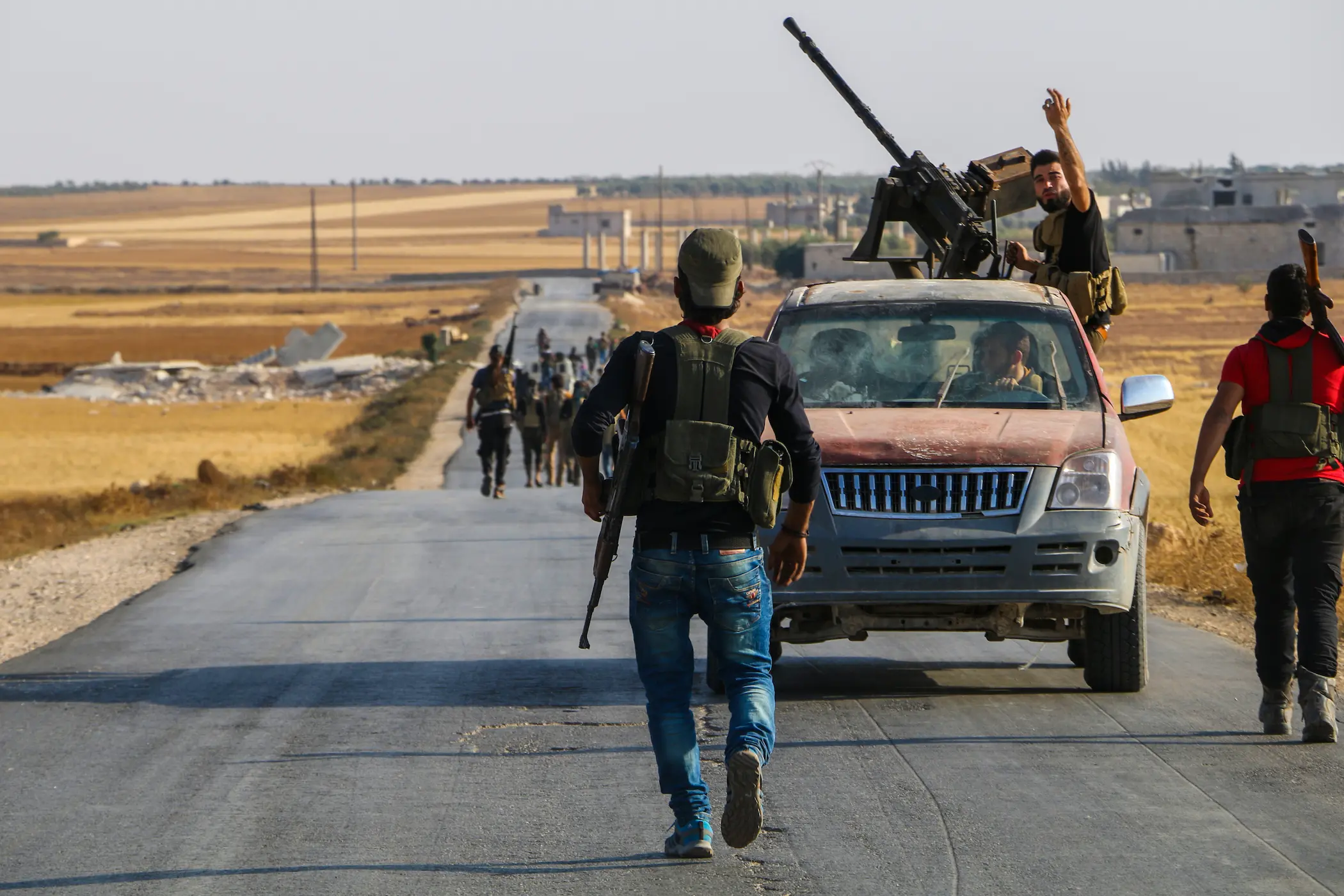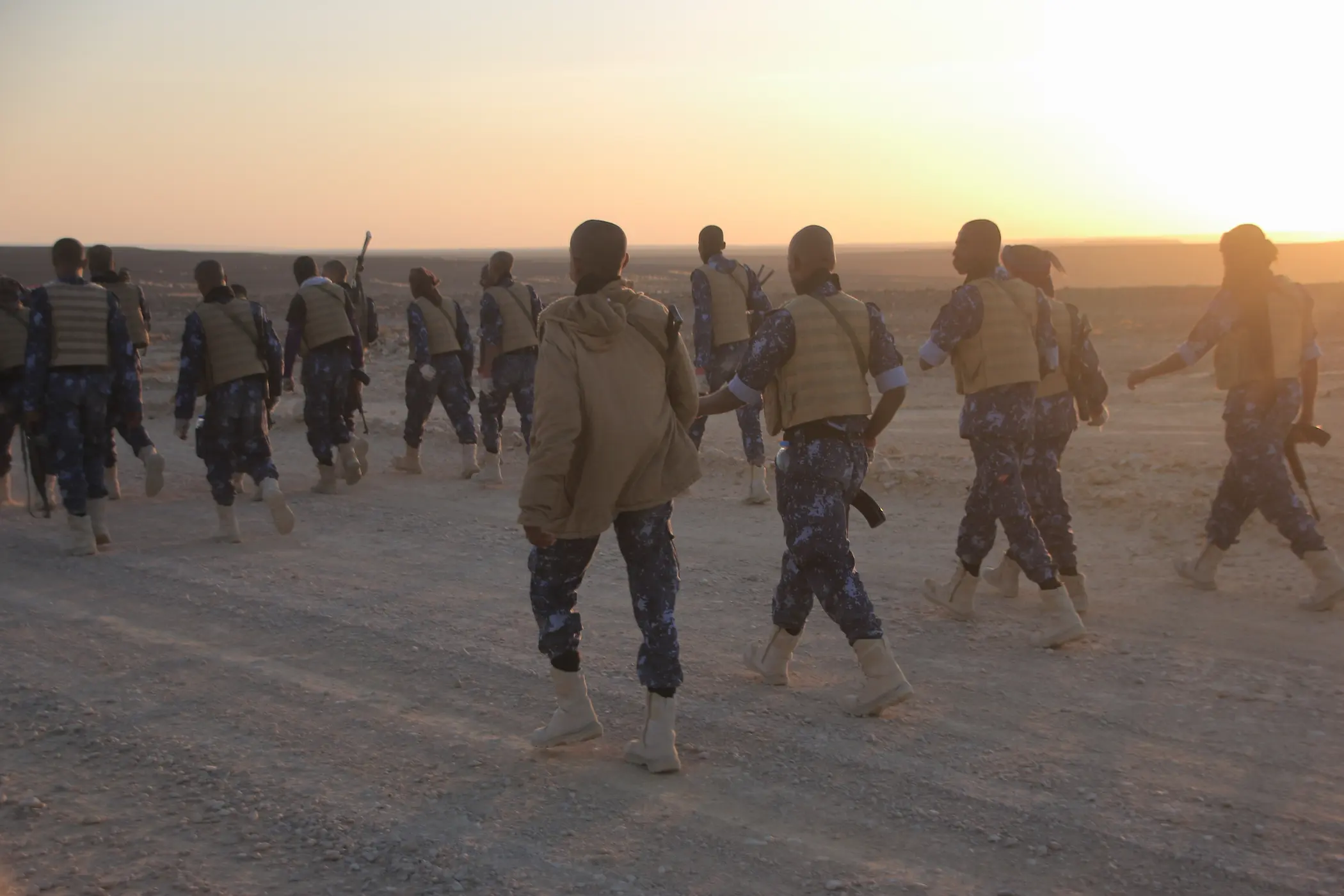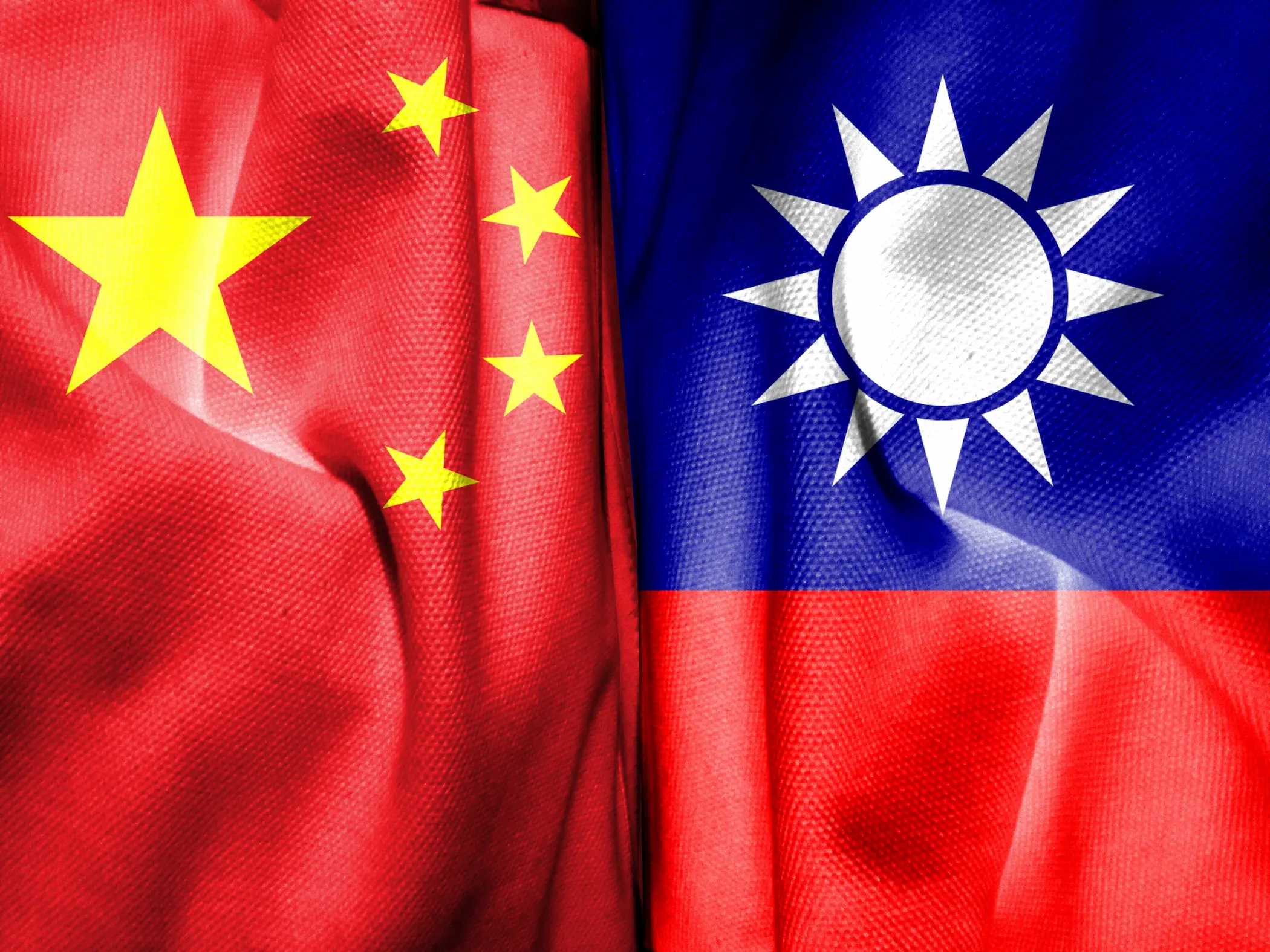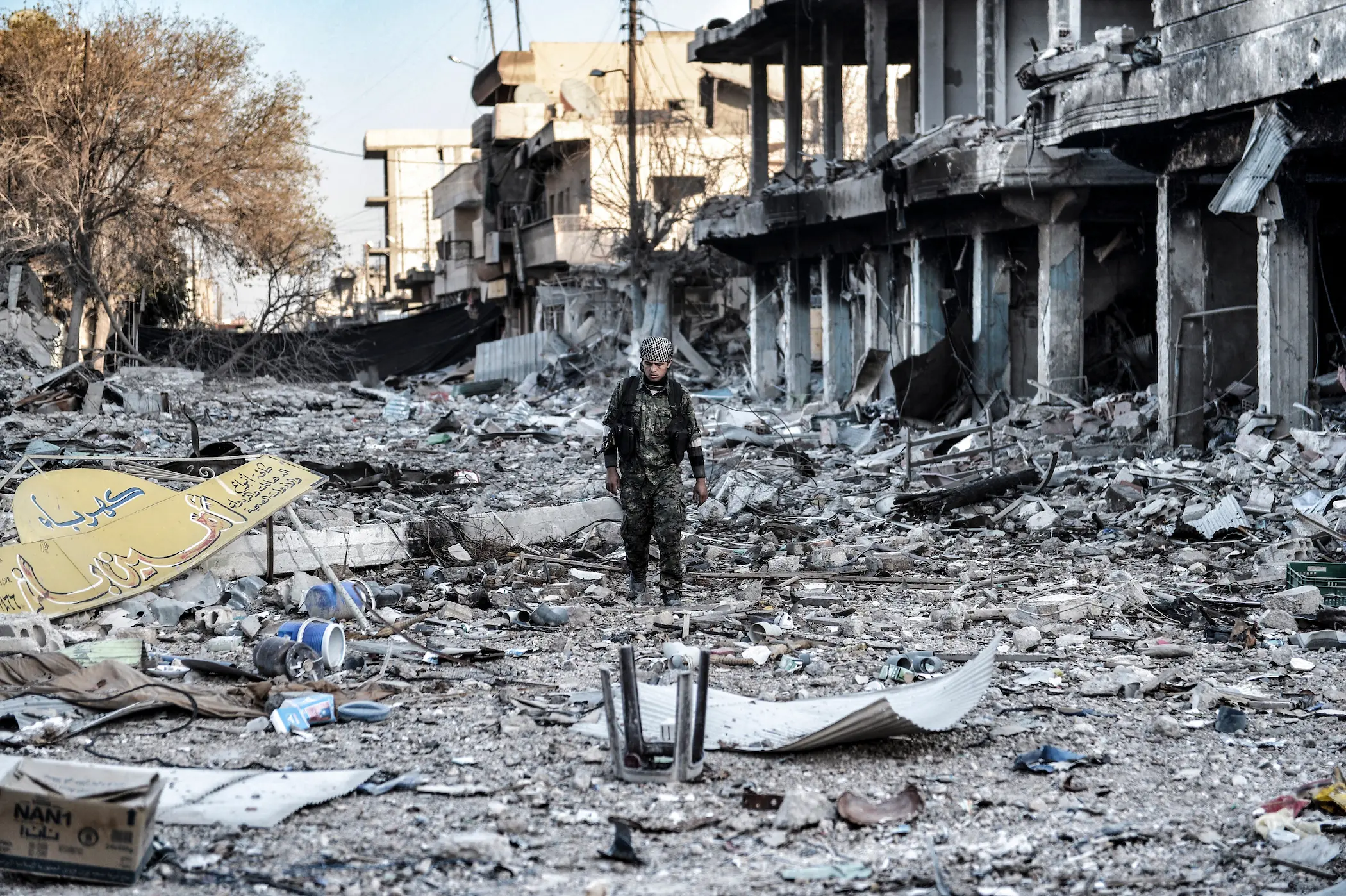Syria has experienced a fierce civil war since 2011 between the Syrian regime, which was supported by Iran, Russia, Hezbollah and other Shiite militias, and opposition forces that were mainly supported by Turkey and the United States until 2017. In December 2024, the Syrian opposition succeeded in overthrowing the Syrian regime, declaring the end of the Assad’s family rule that persisted for more than 50 years. What will the new Syria look like is currently difficult to imagine as large parts of the country are destroyed, there is no national army, and millions of Syrians have been internally and externally displaced. The most pressing challenge that arises after the fall of the Assad regime is the formation of a transitional government that would rule the country in the short term.
While there is no clear information on the duration of this transitional period, the main objective of the new government would be preparing the country for presidential and parliamentary elections, the formation a national army, dissolving militias, and restoring sovereignty over areas controlled by the U.S. backed Kurdish Syrian Democratic Forces in the east of Syria. The transitional government will also be tasked with conducting reconciliation between societal factions, especially the Sunnis and Alawites, which have spent more than a decade fighting each other. This would require a delicate balancing act, involving various factions with differing ideologies and ambitions. The inclusion of all relevant stakeholders, including representatives from the Syrian opposition, civil society, and potentially even certain elements of the Assad regime, would be crucial for ensuring broad legitimacy for the new government. However, this would also necessitate difficult compromises and power-sharing arrangements, which could prove contentious, as many influential armed groups have their own agendas that might oppose the national agenda of the forthcoming transitional government.
The new government will be required to build efficient administrative system to deliver high quality services to citizens, including education, water, electricity, and health services. Bringing refugees from the host countries is another challenge for the new government as the vast majority of those refugees, especially those living in Europe, would only return to Syria if the country stabilises. Additionally, addressing the deep-seated economic problems that have existed before the war, such as corruption and unemployment, would be essential for long-term stability.
The process of reconstructing the destroyed cities, such as Aleppo, Hama, and Homs are another challenge. The war has caused widespread damage to homes, schools, hospitals, and essential services. Rebuilding these would require substantial financial resources and technical expertise, both of which may be in short supply. So far, the European Union has expressed its willingness to participate in helping Syria reconstruct its destroyed cities, attempting to create a safe atmosphere to send refugees back to Syria, hence removing a heavy burden that has impacted European politics for more than a decade. It is also expected that Turkey, the main military sponsor of the opposition armed groups, will participate in the process of reconstructing Syria, attempting to solidify its influence in the fragile country. Many Arab countries such as the United Arab Emirates, Qatar, Kuwait, and Saudi Arabia will be willing to participate in the process of rebuilding Syria, in an attempt to both maximise economic benefits while preserving their political influence.
The issue of accountability would also be highly complex. The Syrian people have suffered immensely, and many are eager to see those responsible for atrocities held accountable. However, pursuing justice while avoiding further division and conflict would be a delicate task. Establishing a truth and reconciliation commission could be one approach, but it would need to be designed carefully to address the needs of victims and perpetrators alike.
The role of regional and international actors would also be crucial in shaping Syria's future. Countries like Russia, Iran, Turkey, and the U.S. have all played significant roles in the conflict. However, following the fall of Assad’s regime not all of these countries, especially Iran and Russia, have the same level of influence. However, their role might be needed as they can exert some influence over certain societal groups in Syria. For instance, Russia can still influence the Kurds while Iran can exert influence on the Alawites and Shiaa in Syria. However, the divergent interests of major foreign competing agendas could complicate efforts to rebuild the country.
There is also another threat arising from the Israeli aggression beyond the Alpha Line that separates the occupied Syrian Golan Heights from Israel. On Dec. 9 2024, Israel conducted 100 airstrikes on civil and military positions in Syria, attempting to undermine the functionality of the incoming government. Whether Israel intends to retreat from the Alpha Line or not is another challenge for the new government that will be under perpetual pressure to retaliate despite not having the necessary military tools to counter or deter Israel.
The ability of the new transitional government to counter all the above-mentioned challenges depends on two pillars: building a new national army and reconciling societal factions. It would be challenging for any new government to contain the role of militias, as Islamists led by Hayat Tahrir Al Sham played the main role in the recent offensive that took the Assad regime down while the Syrian National Army has been prepared by Turkey to take a major role in the post-Assad era. Coordination between these two main factions can maintain peace and help the new transitional government deter challenges, while further confrontation will tear the country part.
To conclude, Syria's future depends on the ability of the transitional government to foster national unity, rebuild essential infrastructure, and navigate complex international dynamics. Success depends on balancing reconciliation with justice, managing foreign influences, and forming a cohesive national army to ensure stability.
